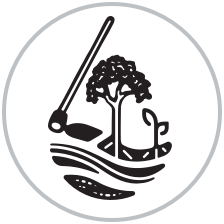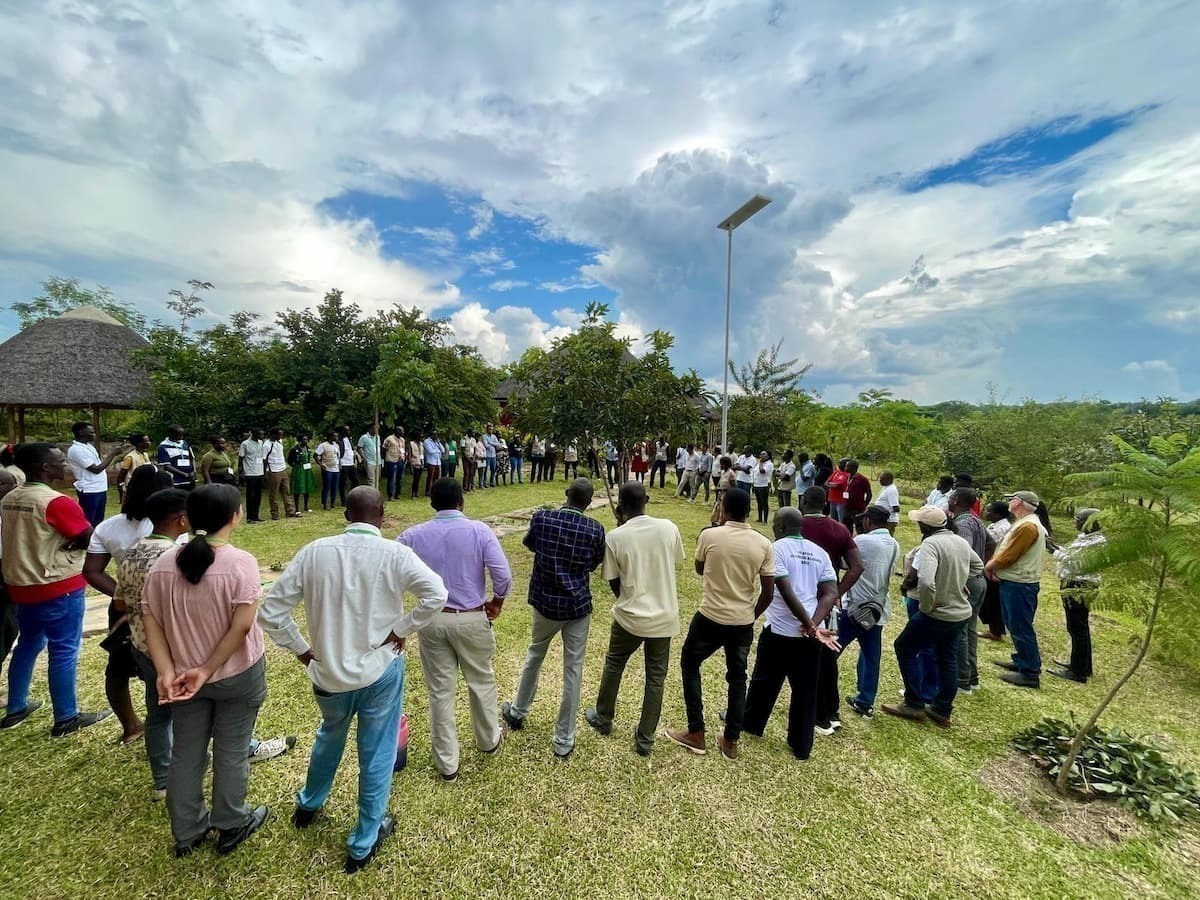We have just completed our 5th Resilience Design Trainer-of-Trainers at African Women Rising’s Lok Neno Demonstration, Training, and Research Center in Palabek refugee settlement in Northern Uganda.
Lok Neno means “changing the mindset” in the local Acholi language, and this gathering truly reflected that spirit.
Over two dynamic weeks, we certified 51 new trainers from seven countries and 22 organizations, including FAO, IOM, UNICEF, UNHCR, NRC, CARE, Caritas, Danish Refugee Council, DanChurchAid, Trees for the Future, and numerous community-based organizations.
-
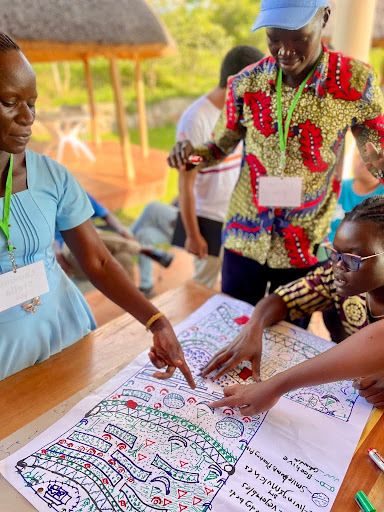 Participants review their site design, Step 3 of the RD Methodology. Credit: Thomas Cole
Participants review their site design, Step 3 of the RD Methodology. Credit: Thomas Cole -
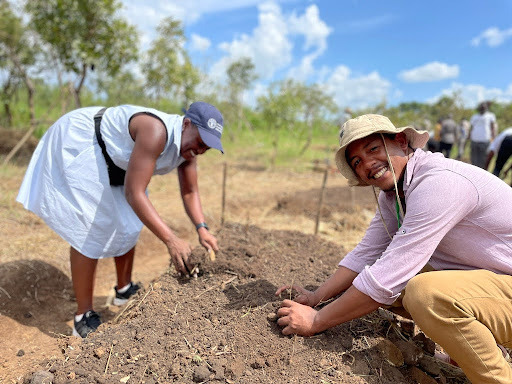 The RD ToT is rooted in practical, hands-on activities. Credit: Thomas Cole
The RD ToT is rooted in practical, hands-on activities. Credit: Thomas Cole -
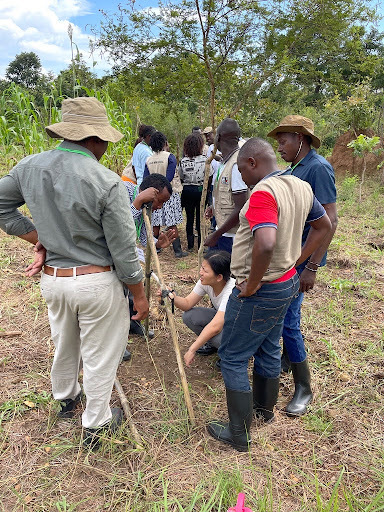 Participants practice mapping the land contour using A-frame levels . Credit: Thomas Cole
Participants practice mapping the land contour using A-frame levels . Credit: Thomas Cole
Viola Kaaria, who joined the training from FAO Somalia, left the training feeling inspired and empowered.
"[The] myriad modes of course delivery (centered on hands-on, practical approaches) leave you changed forever! To all professionals passionate about sustainability and resilience in agriculture/ food production and systems, I highly encourage you to explore this course. It’s not just training; it’s transformation.”
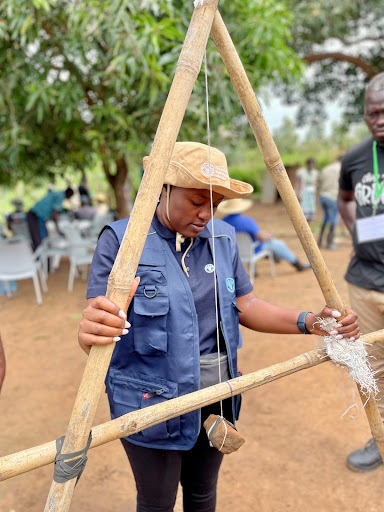
In just two years, 276 humanitarian and development leaders from across the world have been trained at Lok Neno to integrate the Resilience Design (RD) toolkit into their programs. Each training includes the establishment of new community demonstration sites in and around the refugee settlement in Palabek—ensuring the work is rooted, visible, and locally driven.
The collective impact is growing rapidly. It is now estimated that nearly four million people—many among the most vulnerable globally—stand to benefit from RD-informed programming:
-
Stabilized microclimates and hydrology
-
Biodiverse annual, perennial, and biannual production systems
-
Nutrient-dense food, fodder, and income across 52 weeks of the year
RD is being applied at household, farm, and watershed levels, using local resources, adaptive design, and demonstration-based learning. A global movement is emerging—practical, community-rooted, and ecologically grounded.
We invite you to join us for the next RD Trainer-of-Trainers at Lok Neno in March 2026.
